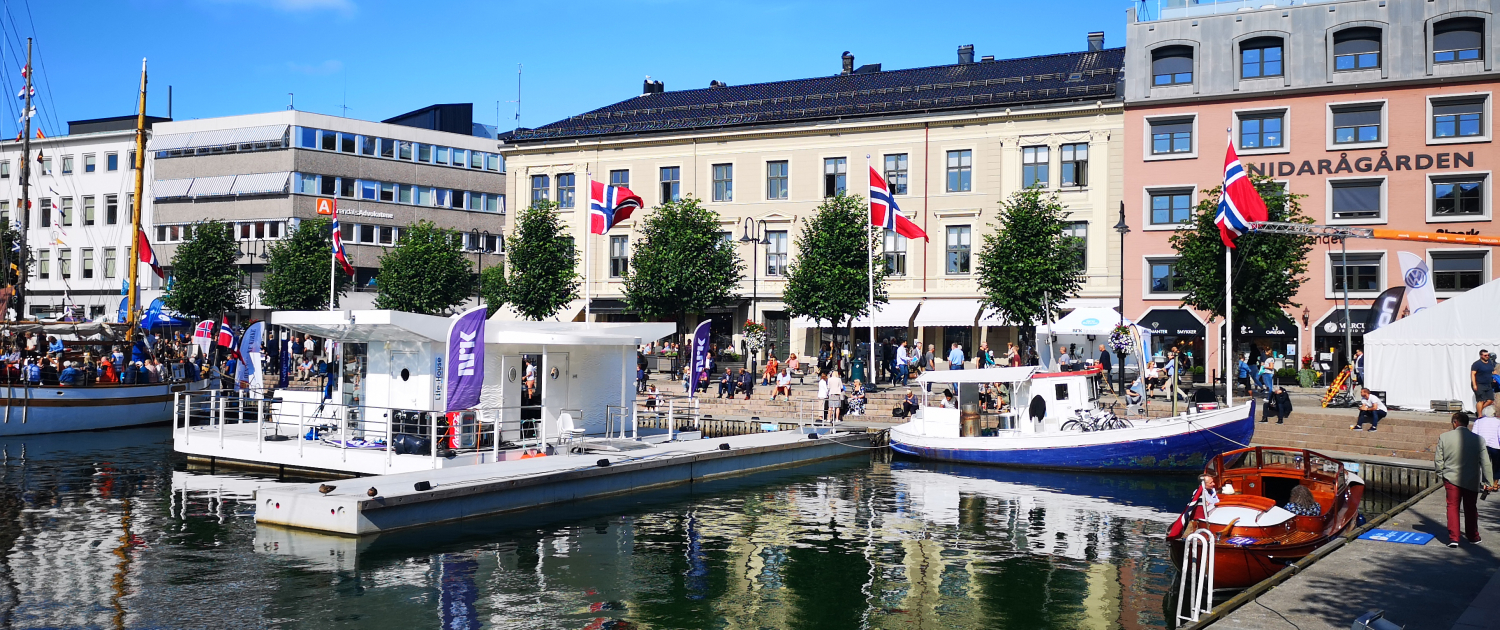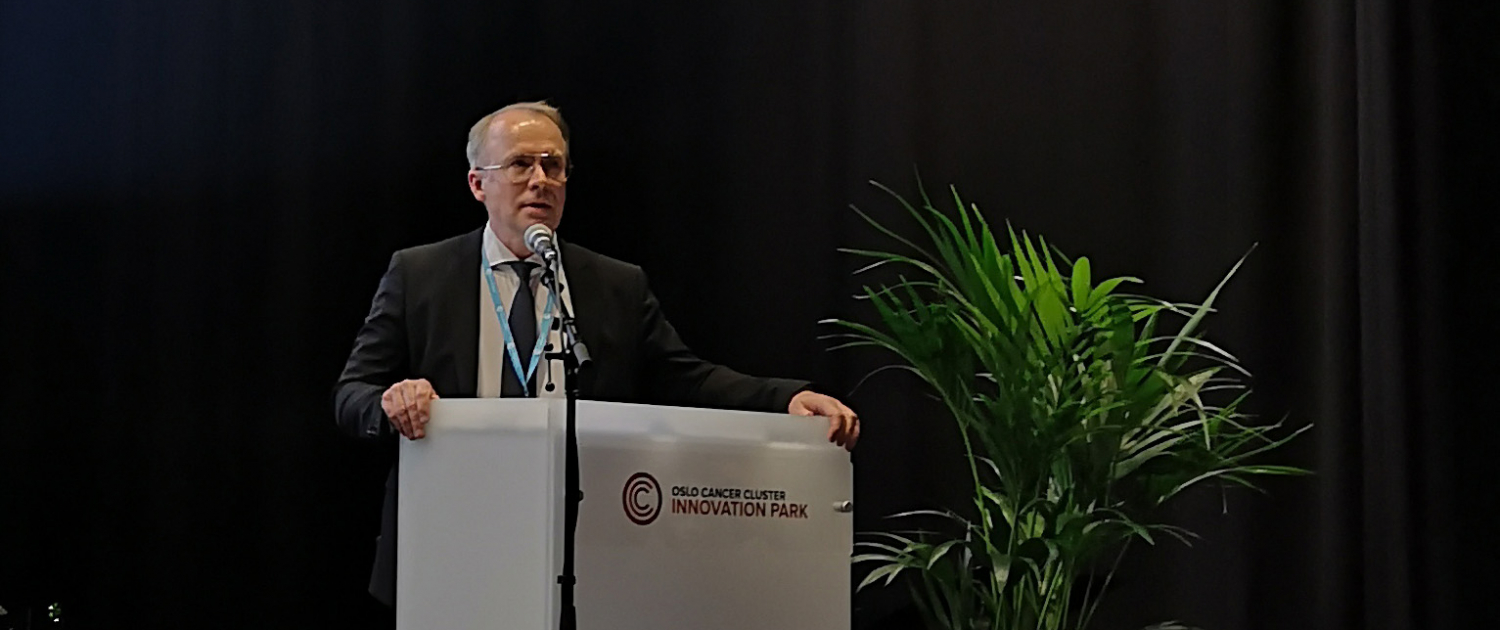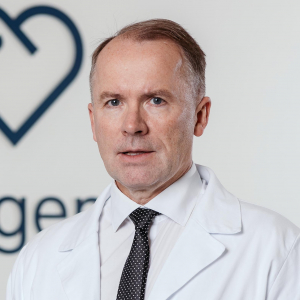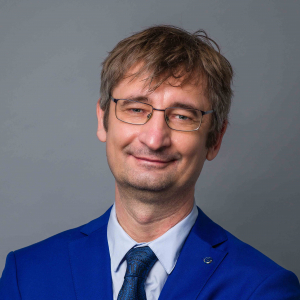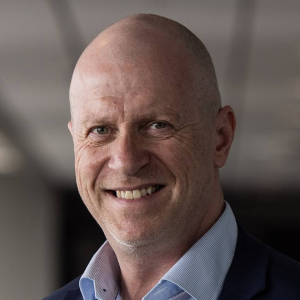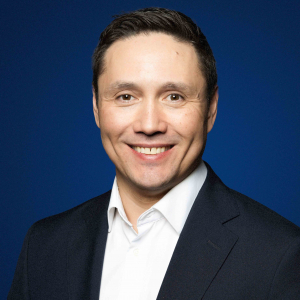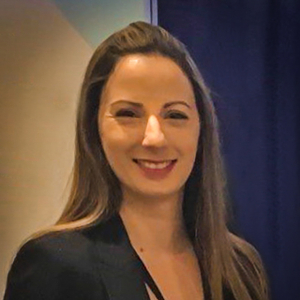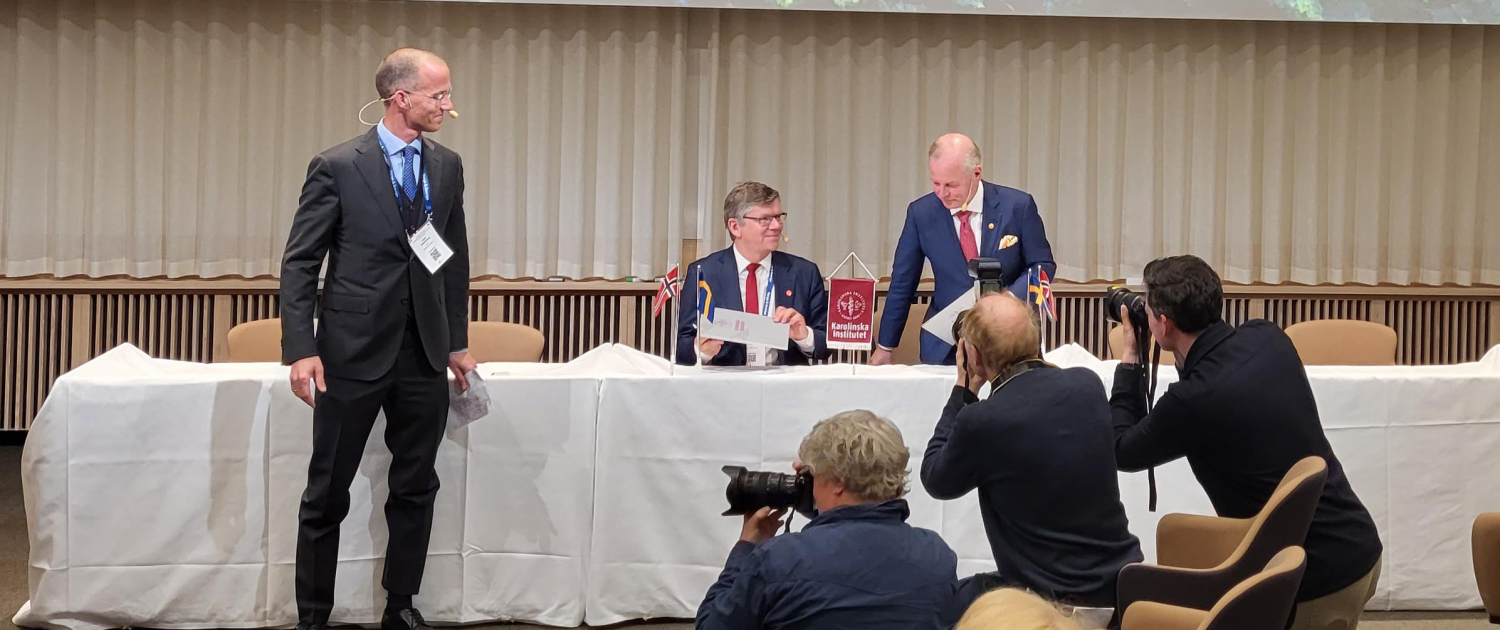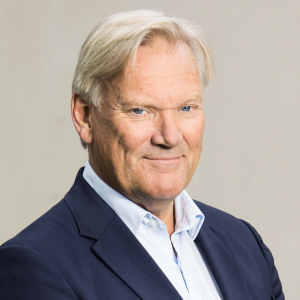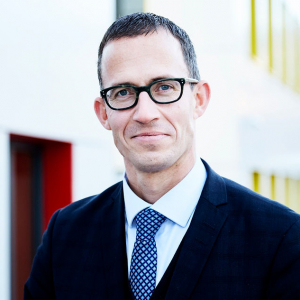Making every day count
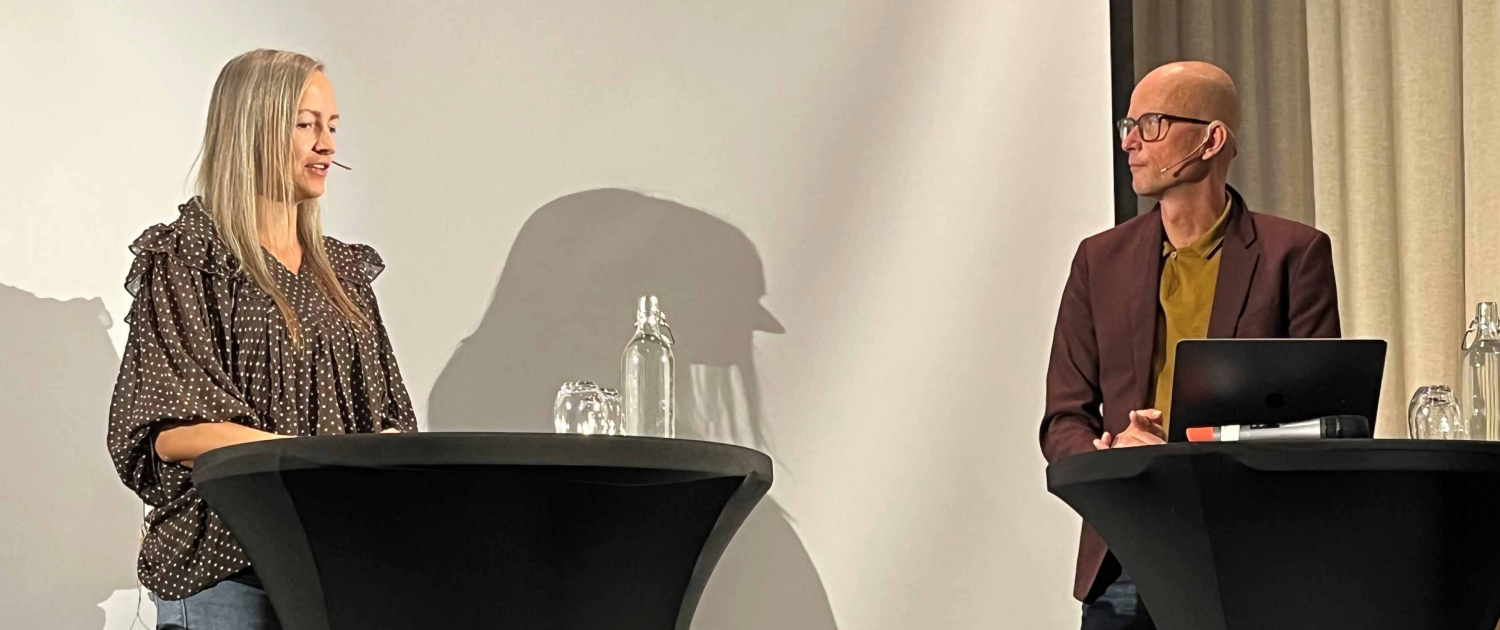
Cancer patient Silje Morild Helland spends all her time searching for better treatments.
“I want to spend my time doing this. It is not just my life, but many people’s lives. We all want to be here for our loved ones. I have made friends who have the same diagnosis and several of them are not here anymore. People are dying while waiting for important medicines.”
Silje was diagnosed with breast cancer while pregnant in 2015. Since then, she has tried all the treatments that are available to her in Norway. Now, her current treatment is losing effect and Silje feels she has a responsibility to search for more options, since many other cancer patients cannot.
“I think it is problematic that breast cancer patients are assessed according to the average age of the entire patient group. It is said we are too old for the new treatment to be cost effective. It is too expensive in relation to how old we are on the group level, but I am not too old,” Silje said.
Silje told her story at the meeting Fremtidens Kreftbehandling – Hver Dag Teller, Eller? during the Norwegian political festival Arendalsuka. The meeting was organised jointly by Oslo Cancer Cluster, LMI, the Norwegian Cancer Society, Astra Zeneca Norway, Janssen Norway and MSD Norway.
Watch the meeting here:
Is this even legal?
The lawyer Geir Lippestad explained at the meeting that the system called Nye Metoder has been given the legal mandate by publicly appointed officials to decide which medicines will be approved in Norway.
“We do not have any case law or Supreme Court decisions concerning Nye Metoder. This is because it is not possible for patients to appeal decisions that have been made. This is not completely unproblematic. In an open society, the right to appeal is a guarantee for legal safety. This is something we need to debate politically. It is very unusual that there is not a bigger legal framework to appeal.”
Calling for a mission on cancer
Sigrid Bratlie, special advisor in the Norwegian Cancer Society, told the audience about recent advances in the cancer field.
“We are at a breaking point in the development of knowledge and technology. Two areas that are moving especially fast are personalised medicine and immunotherapy.”
Bratlie explained that future cancer treatments will be defined by four characteristics. The treatments will be more personalized and more influenced by advanced technologies. They will be given more in combination with one another, and clinical studies will be an integrated part of standard treatment.
“To realise the potential we have in Norway, we need to invest and set ambitious goals. The European Union has launched a Cancer Mission with the goal to improve the lives of 3 million people by 2030. The USA has the Cancer Moonshot to reduce the death rate from cancer by at least 50 percent over the next 25 years.”
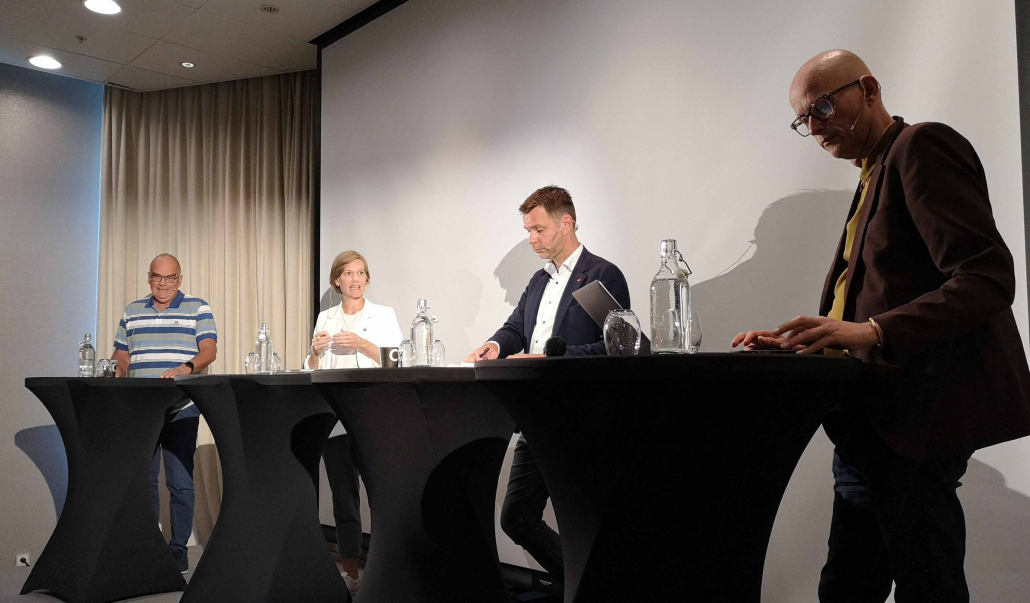
Steinar Thoresen (Merck), Sigrid Bratlie (Kreftforeningen) and Truls Vasvik (Labour Party) discussed access to new cancer treatments. Photo: Sofia Lindén / Oslo Cancer Cluster
What is Norway doing?
Sigbjørn Smeland, Head of the Cancer Clinic at Oslo University Hospital, and Steinar Thoresen, Senior Medical Consultant Merck Oncology and Medical Director NordicRWE, introduced the new initiatives for precision cancer medicine in Norway.
One of them is IMPRESS, a national study where patients with metastatic cancer who have exhausted all treatment options get a chance to try another treatment based on the cancer’s genetic mutation.
Another initiative is CONNECT, a public-private consortium driving the implementation of precision medicine in Norway. Several companies in CONNECT have agreed to contribute pharmaceuticals to the IMPRESS study.
“Precision medicine is one of the pillars of the cancer treatments of the future. We must organise ourselves differently. It requires a closer collaboration between industry and academia. We are looking at the individual patient, instead of groups of patients, which gives us a different type of knowledge base,” Smeland explained.
Steinar Thoresen complemented:
“The industry has gone from being a part, to becoming a partner. For the first time we have a shared risk between private and public. This can be a framework for future payment structures. People have started to say ‘Look to Norway’ and we have no time to lose. We need to collaborate to get more clinical studies, to get more drugs into IMPRESS and to make use of Norwegian health data.”
The politician Truls Vasvik from the Norwegian Labour Party (Arbeiderpartiet) was also at the meeting.
“We need to work together with industry to succeed. We need to establish a system that can handle the extremely rapid changes in cancer treatment. We also need to think new about price models. We have a focus on cancer right now, because many are getting ill, and the development is going extremely fast.”
Silje Morild Helland does not think the system is good enough. If she can’t get new treatment in Norway, she plans on travelling abroad, like many other Norwegian cancer patients already have.

